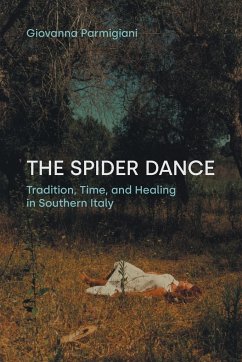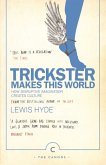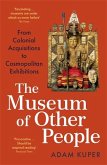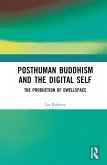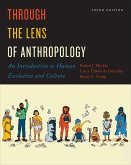Based on ethnographic research among contemporary Pagan communities in Southern Italy (Salento, Apulia), The Spider Dance challenges (uni)linear ideas and experiences of time and temporality by showing the interconnectedness of alternative historicities, healing, and place-making among persons engaged in Pagan practices.
Hinweis: Dieser Artikel kann nur an eine deutsche Lieferadresse ausgeliefert werden.
Hinweis: Dieser Artikel kann nur an eine deutsche Lieferadresse ausgeliefert werden.

